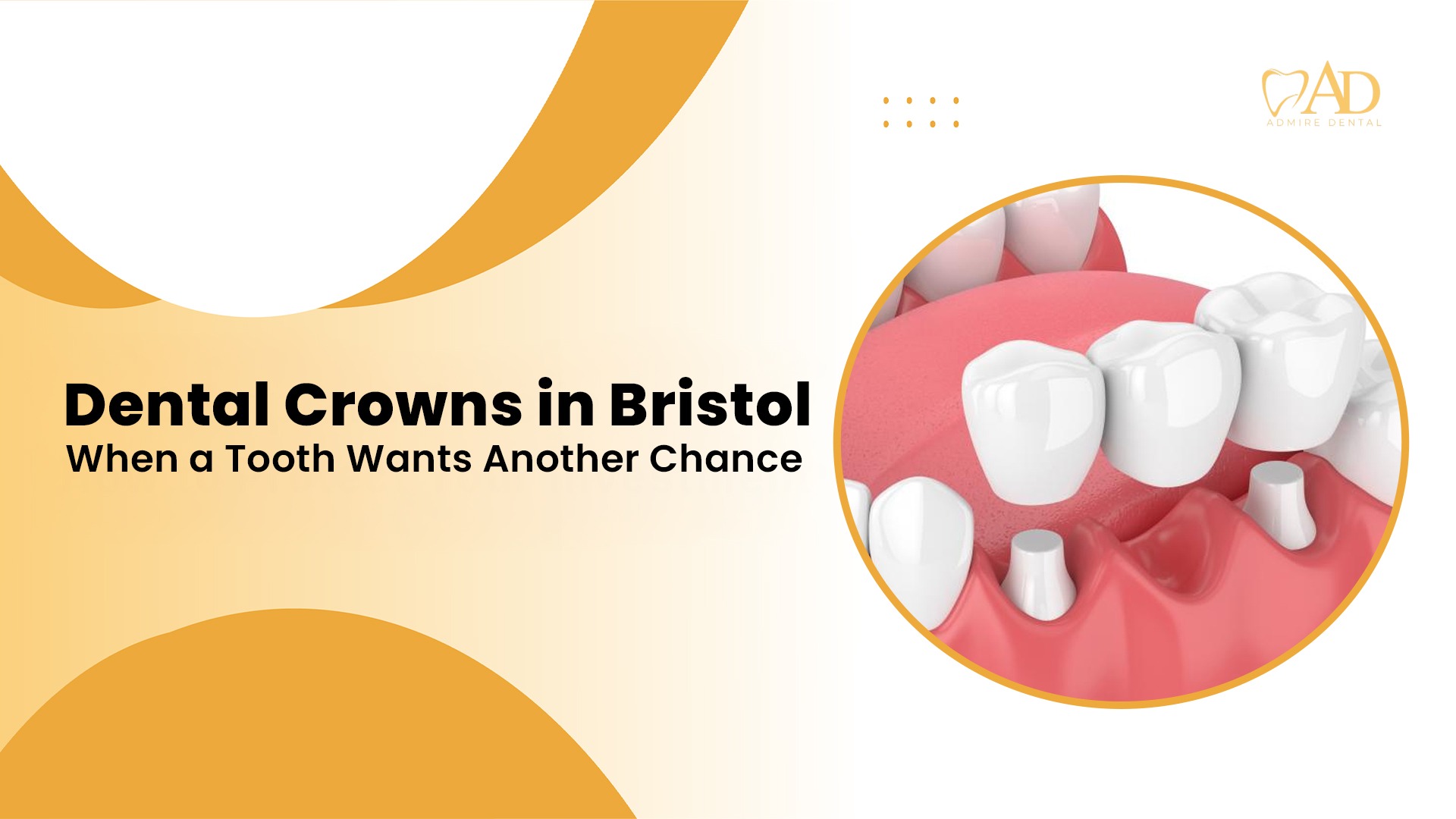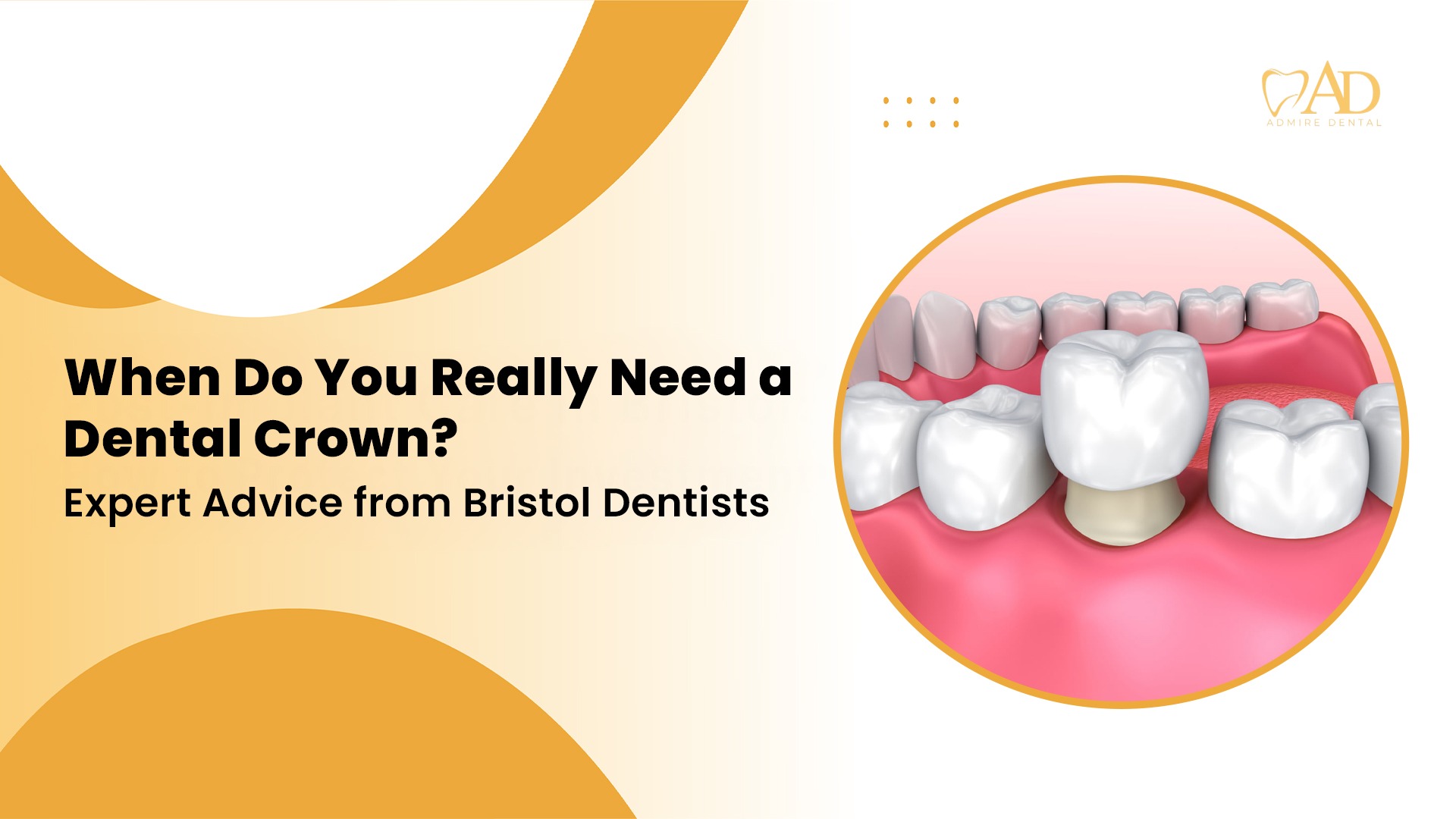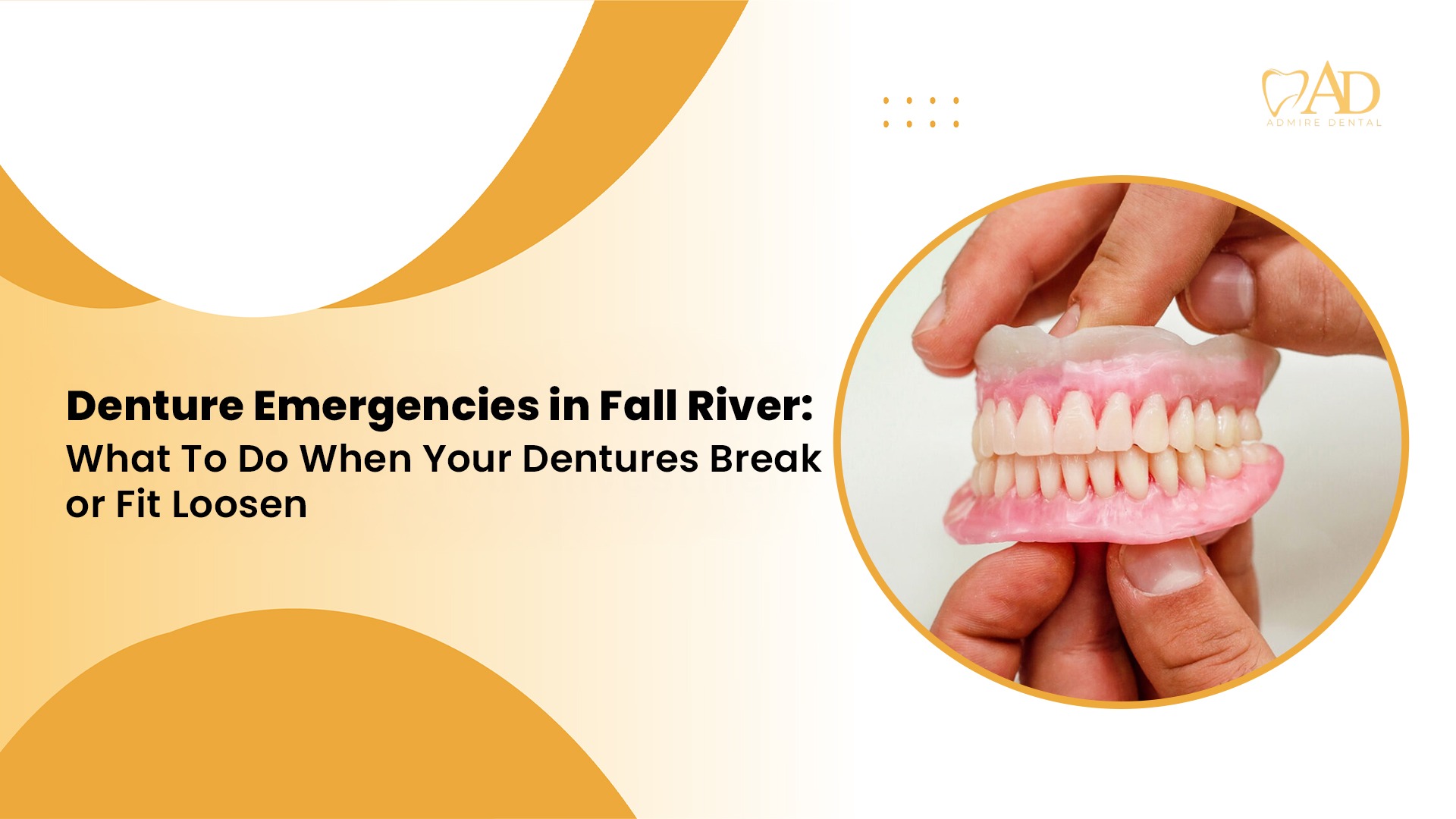It starts quietly. A strange twinge, a soft ache that feels like it’s coming from the past — an old filling, a childhood cavity, that one bite on a popcorn kernel that you pretended didn’t happen. And you tell yourself it’ll pass. Teeth heal… don’t they?
No — not really. But they endure. They endure until they can’t, and then something subtle inside you whispers: maybe it’s time to fix this.
That’s where Dental Crowns in Bristol come in — though even that phrase feels too clinical, too neat. A crown isn’t a “procedure.” It’s a second chance, a small architectural rescue project happening inside your mouth. Strange how something so tiny can feel like an act of restoration, almost symbolic. Like giving a part of yourself permission to keep going.
And maybe I’m romanticising it — I tend to — but there’s something oddly moving about the idea of shielding a damaged tooth so it can still function, still belong to you. Still bite into cold apples without fear.

Let’s just talk through it, slowly. Thought by thought. No rigid order. No perfect transitions. Just… clarity, as it comes.
Why We Even Need Dental Crowns — The Truth Beneath the Surface
Sometimes a tooth breaks. Clean, sharp, unfair.
Other times it erodes in quiet slow-motion, worn down by time, grinders, life.
And then there are those root canal teeth — hollow warriors, strong in story but weak in structure.
A crown steps in like quiet thunder, a kind of protection that doesn’t announce itself. It just holds things together. Like stitching. Like a cast. Like armor — if armor could glow with a porcelain sheen.
Bad metaphors aside (or maybe not bad, just a bit off), this is the core idea:
A crown isn’t cosmetic first. It’s survival first.
Clinics offering Dental Crowns in Bristol see it every day — people walking in with small cracks that hide bigger stories.
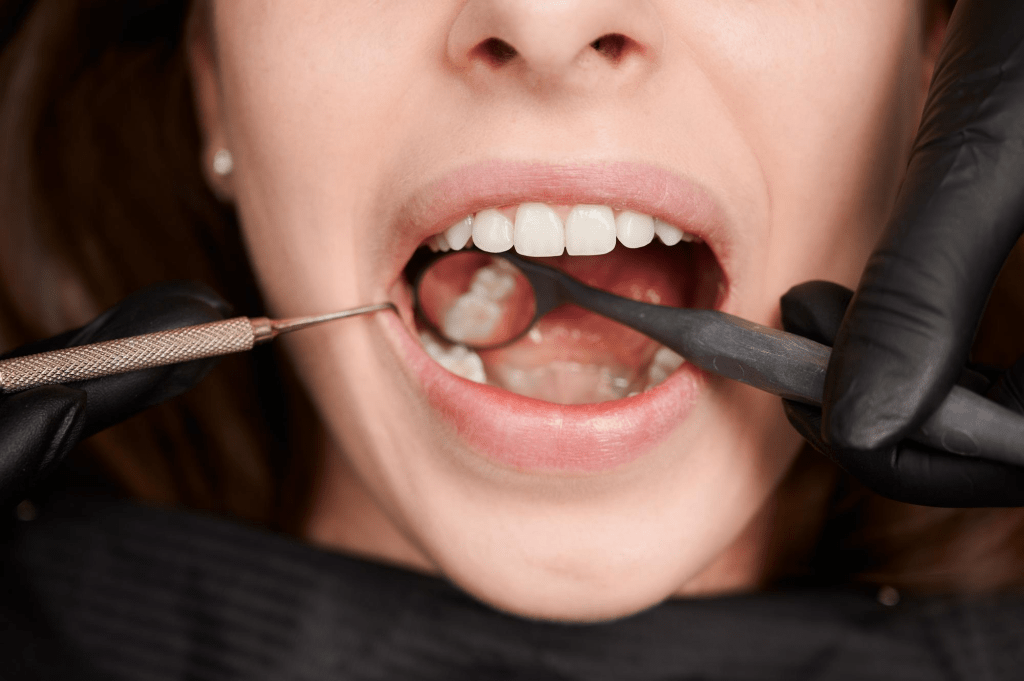
When a Crown Becomes Necessary — The Real Signals
I could list them neatly. I won’t. Let’s wander.
The crack you feel but can’t see
A line running through enamel — hair-thin but deep as a worry. You chew differently after that, even if you pretend not to. Food tastes like hesitation. A crown brings that missing confidence back.
The oversized filling
You know when a tooth has been patched and repatched until it looks like a badly repaired wall? Eventually, there’s more filling than tooth. And the tooth collapses under its own absence. A crown reinforces what’s left.
After a root canal
No poetic flourishes here. This is simple:
A root canal saves the inside.
A crown saves the outside.
One without the other is like a book without a cover — vulnerable to everything.
A tooth that breaks because life is rude sometimes
You bite something soft and it betrays you. It happens more than people admit. A crown becomes the quiet “it’s okay, we can fix this” in the aftermath.
Aesthetic reasons you don’t have to justify
Maybe one tooth looks darker, or shorter, or just tired. Vanity is not a crime. Wanting a symmetric smile is not indulgent. A crown can blend into the story of your face seamlessly… almost like it was always meant to be there.

The Process — Not as Scary as the Word Makes It Sound
Funny how “crown” feels like such a heavy word. Regal. Formal. But the actual treatment? Surprisingly gentle, almost anticlimactic.
A Bristol dentist numbs the tooth — a small sting, nothing terrible.
They shape it — not aggressively, more like sculpting.
A temporary crown goes on — flimsy but loyal.
The real one is crafted in a lab — precise, almost artistic.
Then one day you return, open your mouth, and it’s done.
A quiet click. A small adjustment.
And suddenly the tooth feels… safe again.
Clinics offering Dental Crowns in Bristol are known for this measured calmness — the modern scanners, the digital impressions, the skilled technicians who make crowns that look like something a tooth might dream of being.
What Crowns Are Made Of — A Strange Blend of Art & Engineering
Porcelain that looks like moonlight.
Zirconia strong enough to outlive most grudges.
Porcelain fused to metal — the unsung hybrid that keeps going.
Full metal for those who love durability over aesthetics.
People think crowns are simple. They’re not. They’re design. Craft. Geometry disguised as dentistry. Each material has a personality, a history.
And a good dentist chooses not what’s trendy, but what’s right for your bite, your habits, your mouth.
There’s something comforting about that.
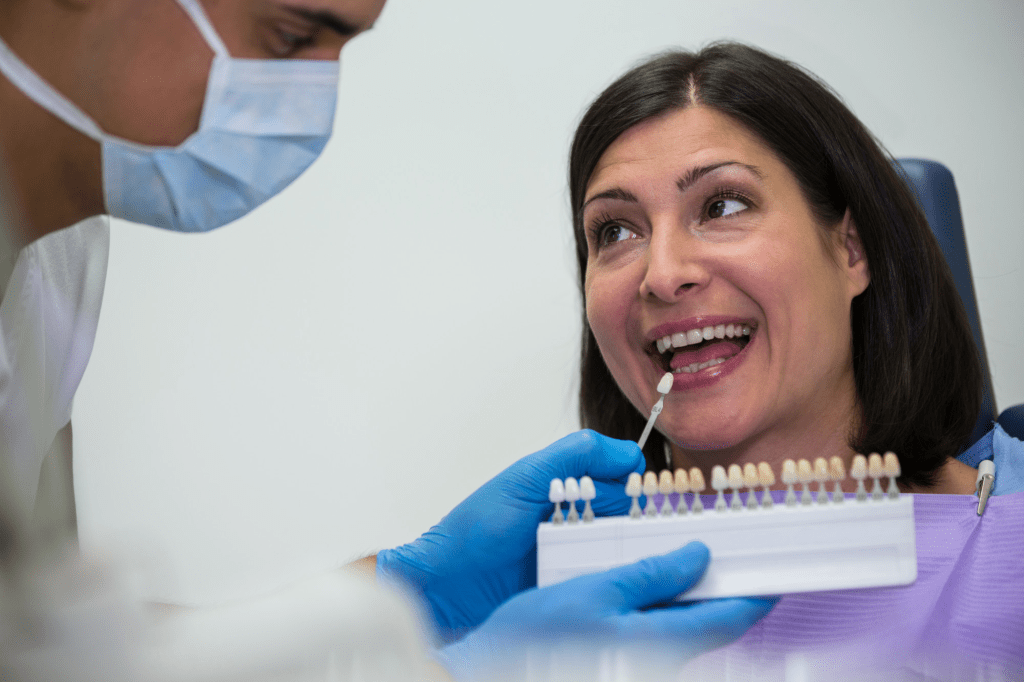
Longevity — How Long Does a Crown Actually Last?
A decade. Maybe two. Sometimes longer, if you treat it kindly.
They’re like friends who stay as long as you don’t mistreat them — no ice-chewing, no pen-biting, no midnight grinding without a guard.
Crowns don’t age fast. Humans do.
Why Delaying a Crown Often Makes Things Worse (Even if You Don’t Want to Hear That)
I thought about softening this part — but no, truth is better sharp.
If you wait too long:
- a crack becomes a fracture
- a fracture becomes an infection
- infection becomes extraction
- extraction becomes regret (and expensive implants)
A crown is usually the last step before losing a tooth.
The last “don’t worry, we can still save it.”
The last mercy.
Why People Choose Bristol for Crowns
Maybe it’s the clinicians — many of them trained in advanced cosmetic-restorative work.
Maybe it’s the technology — 3D scanners, same-day CAD/CAM crowns, precision labs.
Maybe it’s just reputation.
Whatever the reason, Admire Dental have become known for natural-looking results — crowns that don’t shout “I’m artificial!” but whisper “I belong.”
Conclusion — When a Crown Isn’t Just a Crown
In the end, this isn’t about teeth. Not entirely.
It’s about holding together something that’s cracking.
It’s about restoring function, yes, but also restoring confidence — the simple joy of biting, chewing, living without flinching.
A crown is a reminder that damage isn’t the end.
That repair is possible. Those small broken things teeth, memories, whatever can be rebuilt beautifully. Dental Crowns in Bristol aren’t just a treatment. They’re reassurance, shaped in ceramic and intention.
FAQs Section
Q 1. Are dental crowns painful to get?
Not really local anesthesia makes the procedure smooth, and most people feel only mild soreness afterward.
Q 2. How long does a dental crown in Bristol typically last?
Usually 10–15 years, but with good oral habits, many crowns survive much longer.
Q 3. What problems do crowns fix?
Cracks, big fillings, root canal teeth, fractures, and cosmetic flaws — anything a tooth can’t manage alone.
Q 4. Do crowns look natural?
Modern materials like porcelain and zirconia blend seamlessly, making the crown almost indistinguishable from natural teeth.
Q 5. Is a crown better than an extraction?
Yes a crown preserves your natural tooth, while extraction often leads to costlier treatments later.

